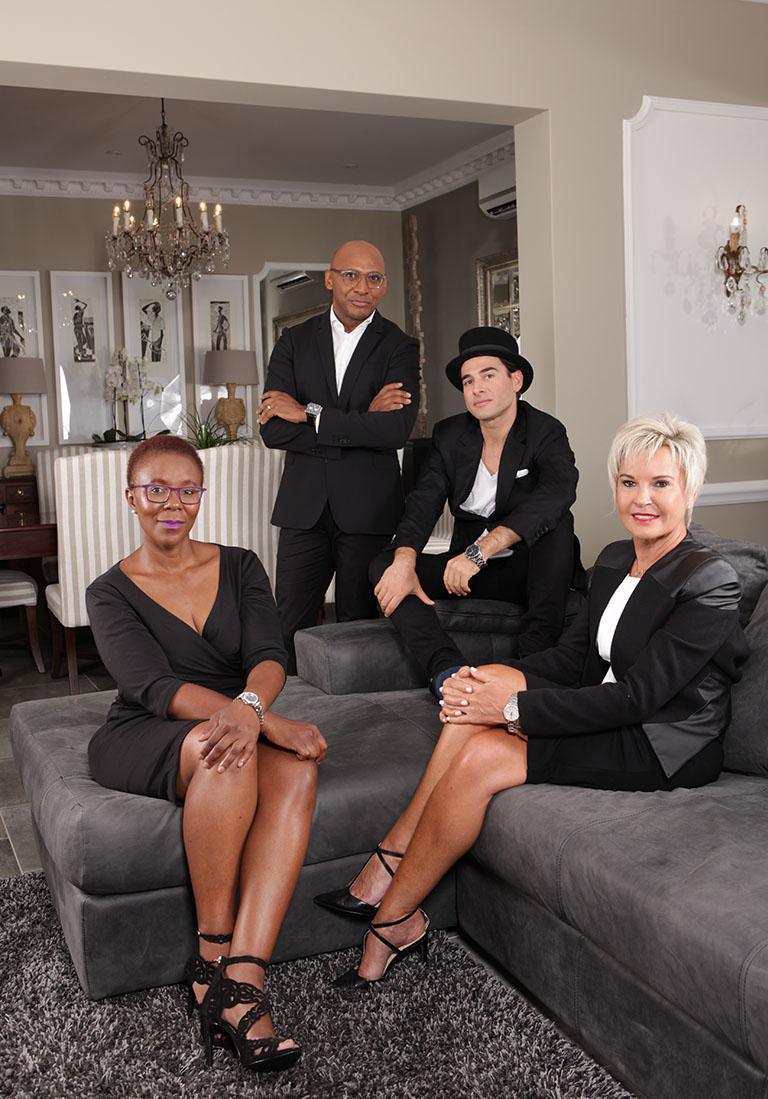Gil Oved is a South African entrepreneur and the co-founder and co-CEO of The Creative Counsel, South Africa’s largest advertising agency. He is also a Shark on M-Net’s Shark Tank Show and we discuss how important self-starting is when launching your idea.
As a successful entrepreneur, was it a natural transition to become an investor? Actually the transition wasn’t very natural. They are entirely different skill sets. I guess there are certain similarities because both require an interest in business and passion for business and a desire to make a good return on one’s investment. But I think as an entrepreneur your focus is on driving your business, driving change and you are a master of your destiny. Whereas being an investor your criteria is to find great entrepreneurs who will drive your own business and for you to get it at a good price. I’m an active investor. I provide input and staff. I’m not a silent shareholder in any of the businesses that I get involved in.
When investing, do you invest in specific industries or are you open, as long as you get a good ROI?
I don’t think there are specific industries I look at, but I tend to get involved in industries that I have a passion for. So, technology is one that I enjoy, along with marketing and advertising, sales, people industries and of course industries where I think I can add value.
What would be the three things you look for when you invest in a business or an entrepreneur?
The top three things I look for in an entrepreneur is passion, people who understand their business and detail about the business. Passion makes up a lot for inadequacies. You can get away with a lot if you are passionate. Look for people who understand what they are doing. I like to ask penetrative questions and see if they know what their industry is about and what the competitor’s landscape is. Then I look at details about their business and most importantly the numbers. I look for entrepreneurs who understand the numbers, the margins, the cash flow, the break-even and the growth potential. I want to see that they understand it and have a plan for it, that they have contingencies so that they aren’t going to come back in six months begging for more money to keep the boat afloat.
What has been your biggest failure or lesson since you’ve started as an investor?
I think sometimes I tend to be hyped up and I buy into the individual, not looking sufficiently at the business. I think you need to find a healthy mix. I always say, back the jockey because businesses come and change all the time and entrepreneurs change their business to suit the time and the needs and they find new opportunities and innovate.


